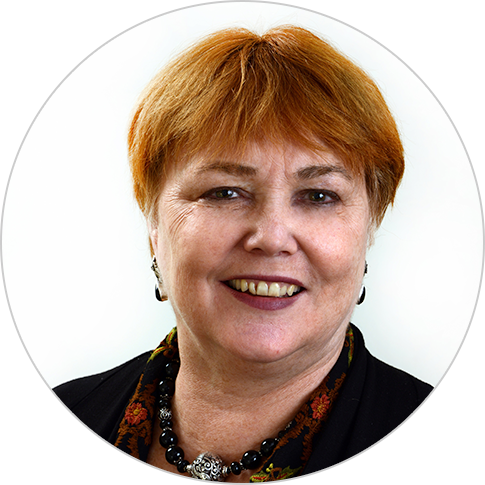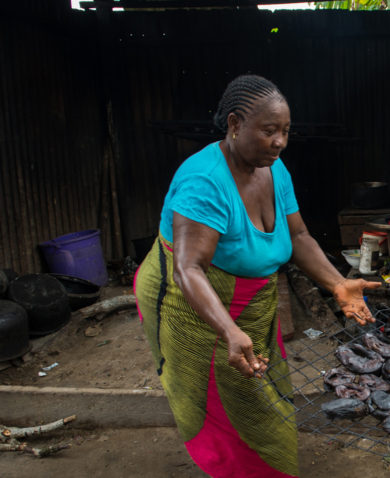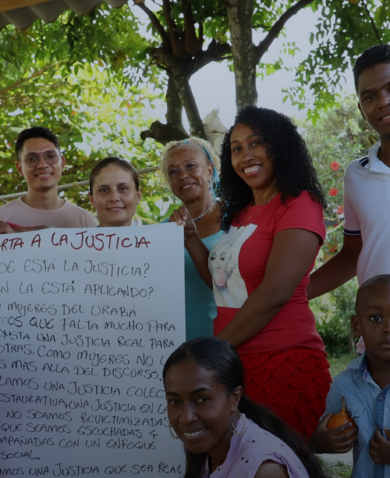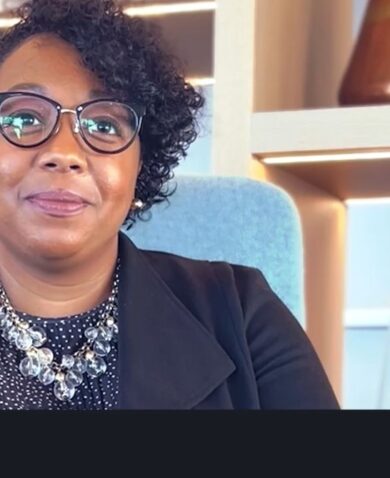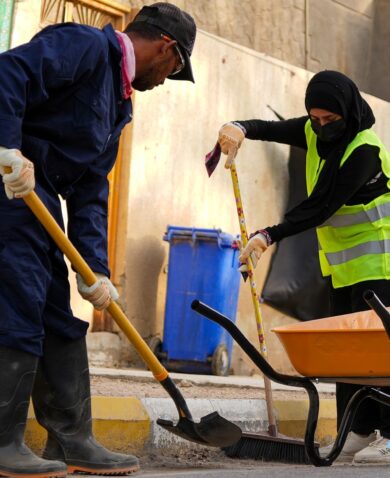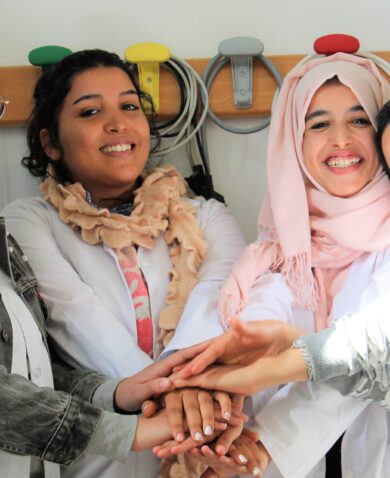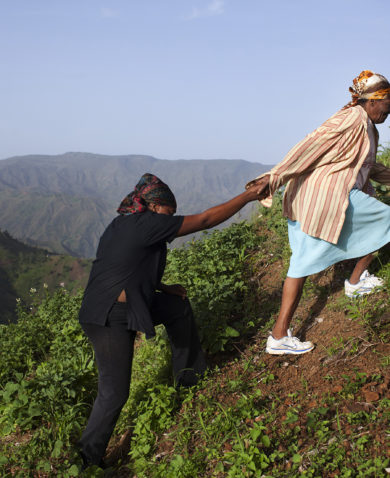What Can We Do as Leaders to Inspire Change and Press for Progress in Our Organizations?
As leaders of international development organizations, we have an especially important role in pressing for progress. We set the tone for having the courage to make changes even when that demands working or adapting beyond the status quo. At Chemonics, we value a workplace that is inclusive of our staff and recognize the focus this requires. We know that the tone we set in our headquarters and project offices impacts the progress of our work for gender equality in our activities. Executive support is critical for any organizational initiative, including supporting workplaces free of harassment and ensuring pay equity. We frequently recommend our programs integrate gender considerations in their deliverables and targets and we should do the same in our workplaces. Here are three things we can do as leaders to press for progress toward a gender-inclusive work environment.
1. Create an open, “speak up” culture. As a leader, I care about the experiences of all employees. That is why I think it is crucial that employees know they can voice their concerns and opinions freely. This means providing multiple formal and informal channels for feedback, creating safe spaces where staff can speak openly about issues such as gender and social inclusion, and instituting clear procedures for reporting and investigating misconduct. This open culture is also fostered through opportunities for staff to learn from each other’s experiences, such as Chemonics’ Honoring Our Differences program, which aims to increase awareness and appreciation of the different cultures represented in our workplace. Through this program, our staff have shared their experiences working in international development as part of the LGBTI, Deaf, and African Diaspora communities, to name a few. Cultivating an office culture that encourages these discussions empowers all staff to feel confident they will be heard when they speak up.
2. Examine and address unconscious bias. Organizational structures, processes, and policies, as well as our own attitudes, can all be conduits of bias and can unintentionally replicate inequities that limit women’s — and other groups’ — opportunity and success in organizations. Chemonics recently completed an organizational diversity and inclusion assessment to better understand our current state of cultural competence and determine where we are as an organization and where opportunities for improvement exist. I encourage everyone to shine a light on their organizations and themselves. The more we understand about our own lens and how that impacts the way we behave and treat others, the more capacity we have to address barriers to gender equality and identify where they show up in places like our recruitment and talent management processes.
3. Foster women in leadership positions. When I started my career in international development some 40 years ago, few women were represented in leadership positions in the field. Since that time, we have made significant strides. During the last 10 years, over 30 percent of Chemonics’ chiefs of party and deputy chiefs of party are women. These women are successfully leading work in all sectors and regions including those that have been traditionally male dominated. We’re proud of our female leaders and their impressive work but are working to ensure that more women are afforded opportunities to access leadership positions both in the field and in our headquarters, and we’re continuously working toward ways to increase this number. We can support this by facilitating mentorship and sponsorship opportunities for women and investing in future leaders’ capacity to advocate for themselves through training. As is often touted in the international development sector, what gets measured gets done. We need data to show progress and areas where our organizations are challenged, such as the number of women and men working at each level of the organization.
Every day, we as development practitioners must continue to press for progress in the programmatic work we lead and in our own workplaces. The recommendations above, as well as those you may be considering at your organization, are not possible without the investment and inclusion of everyone’s voices. Pressing for progress toward equality is not limited to women; it also means bringing men into the conversation as allies and making an equal commitment to social inclusion as well. Equality is by no means a zero-sum game, which is why it is important for each and every member of our staff to feel heard and included as part of the process. This push also does not end on International Women’s Day — it’s just the start. This call to action is for all of us. Join me in committing personally to press for progress for gender parity.


